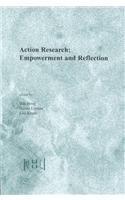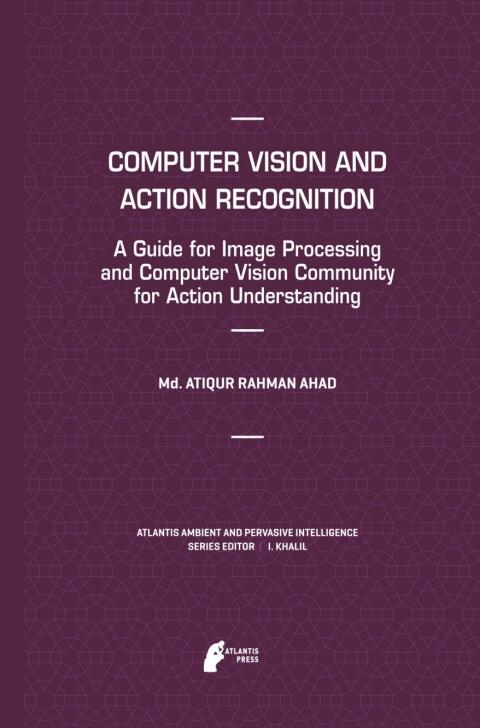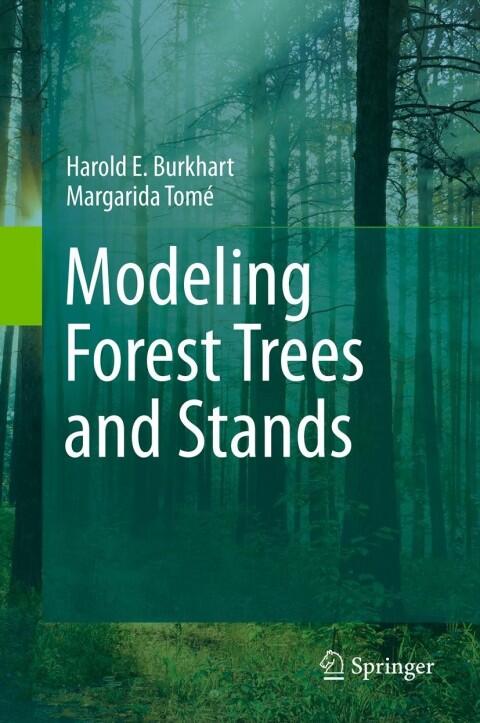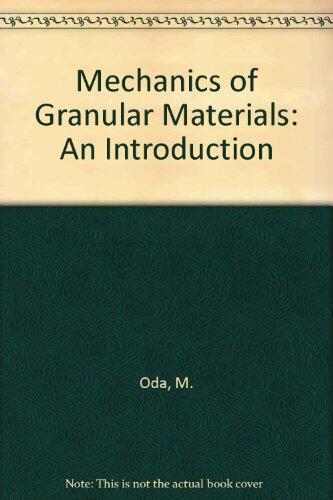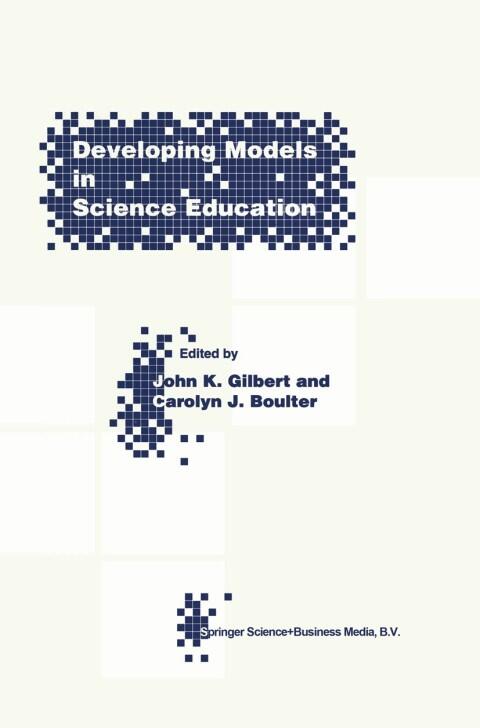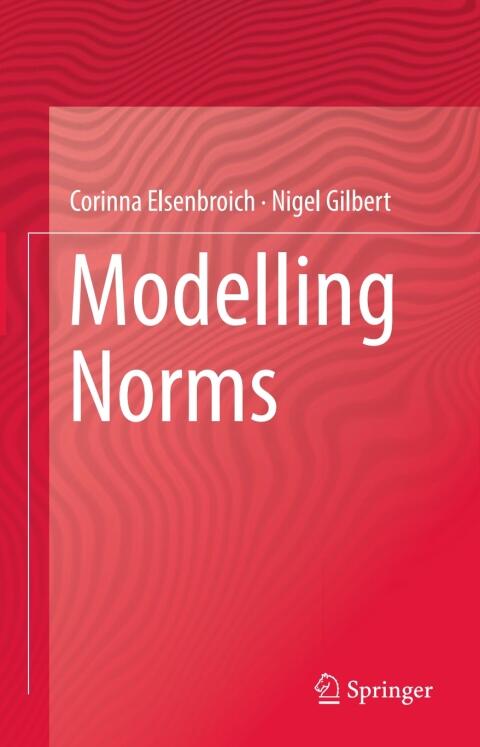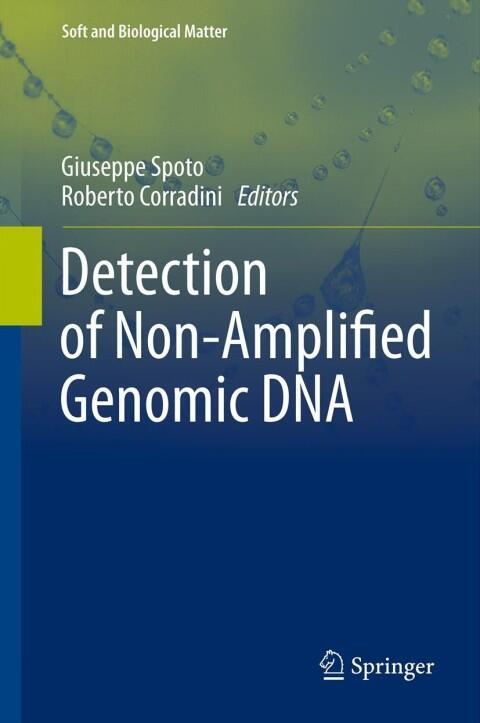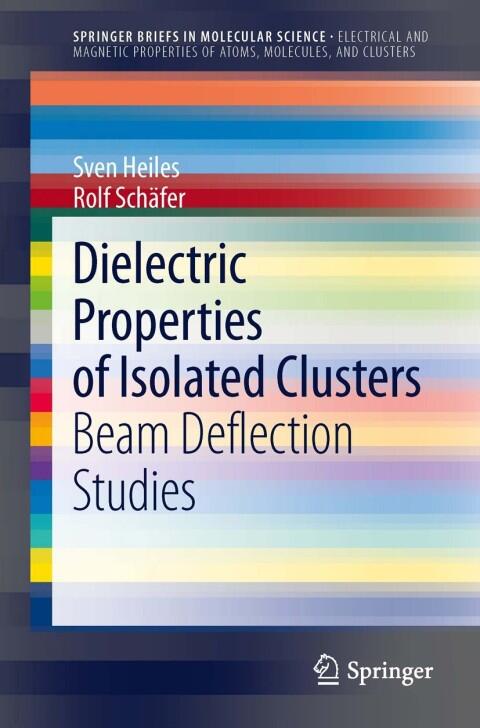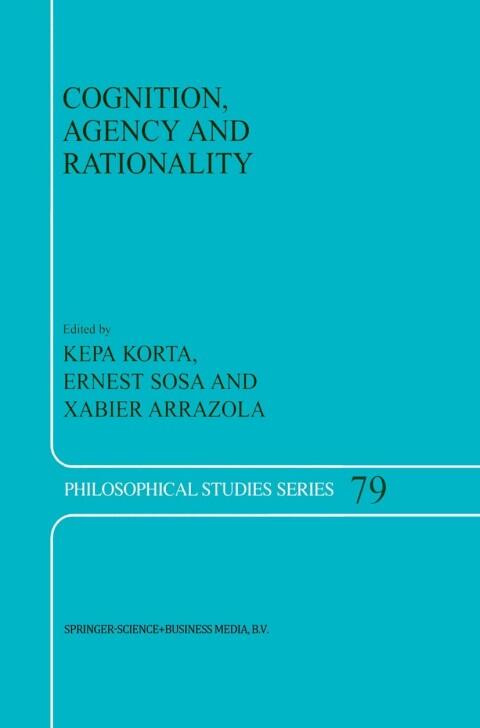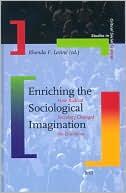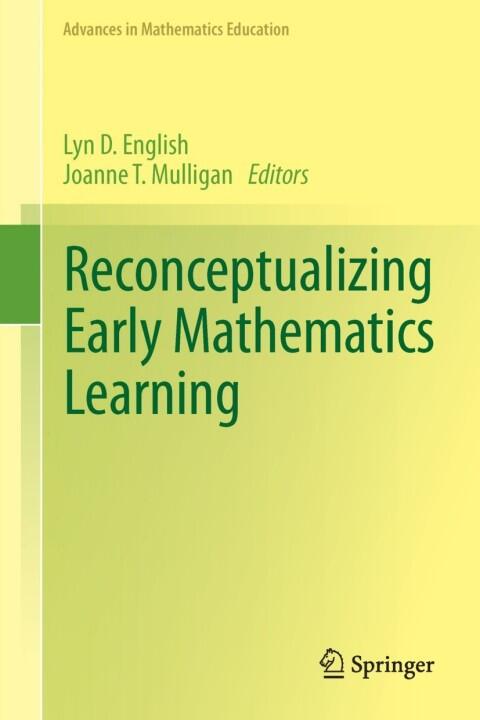
Reconceptualizing Early Mathematics Learning
还没有评分
Children’s
Science & Technology
格式
Kindle
页数
509
语言
荷兰语,佛兰芒语
已发布
Jan 1, 2013
出版商
Springer
版本
2013
ISBN-10
9400764405
ISBN-13
9789400764408
描述
Lyn D. English delves into the essential foundations of early mathematics education, highlighting the importance of nurturing mathematical capabilities from a young age. Through her insightful exploration, she reveals the complexities of how young children engage with mathematical concepts. English emphasizes the need for educators to re-evaluate traditional teaching methods and consider innovative approaches that resonate with young learners.
The work presents a comprehensive analysis of current research, demonstrating the value of a robust mathematical curriculum that engages children’s innate curiosity. By incorporating rich, contextual experiences, the author encourages practitioners to create learning environments that foster exploration and critical thinking. She advocates for an emphasis on problem-solving and understanding over rote memorization, aiming to reshape how educators view early mathematics instruction.
Throughout the book, English offers practical strategies and frameworks that equip teachers to effectively support children's mathematical journeys. She artfully blends theory with practice, showcasing successful case studies and interventions that can be adapted to various classroom settings. This integration of ideas serves as a guide for educators aiming to ignite a passion for mathematics in their students.
In essence, the work shines a light on the transformative potential of early mathematics education. It serves as a vital resource for educators, researchers, and policymakers committed to creating a nurturing and effective learning landscape for young children. By reconceptualizing early mathematics learning, English lays the groundwork for a generation of confident and capable mathematicians.
The work presents a comprehensive analysis of current research, demonstrating the value of a robust mathematical curriculum that engages children’s innate curiosity. By incorporating rich, contextual experiences, the author encourages practitioners to create learning environments that foster exploration and critical thinking. She advocates for an emphasis on problem-solving and understanding over rote memorization, aiming to reshape how educators view early mathematics instruction.
Throughout the book, English offers practical strategies and frameworks that equip teachers to effectively support children's mathematical journeys. She artfully blends theory with practice, showcasing successful case studies and interventions that can be adapted to various classroom settings. This integration of ideas serves as a guide for educators aiming to ignite a passion for mathematics in their students.
In essence, the work shines a light on the transformative potential of early mathematics education. It serves as a vital resource for educators, researchers, and policymakers committed to creating a nurturing and effective learning landscape for young children. By reconceptualizing early mathematics learning, English lays the groundwork for a generation of confident and capable mathematicians.
